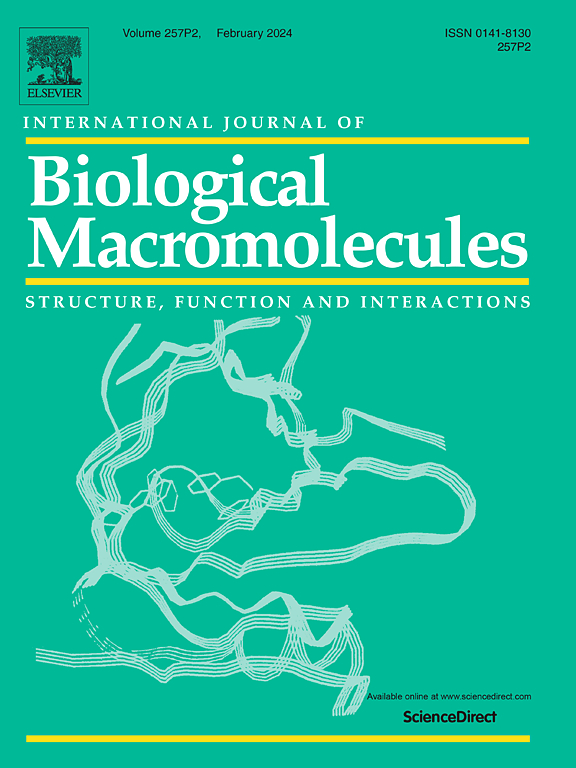Improved bioavailability of polydatin and its protective effect against cisplatin induced nephrotoxicity through self-assembled fucoidan and carboxymethyl chitosan?…
Abstract
Cisplatin induced acute kidney injury (AKI) is clinically prevalent, with a complex pathogenesis and a lack of effective therapeutic drugs. Polydatin (Po) has excellent biological activity, but its low solubility and bioavailability limit its application. In this study, fucoidan (Fu) and carboxymethyl chitosan (Cs) self-assembled into nanoparticles through electrostatic interactions/hydrogen bonding and loaded Po (Fu/Cs Po NPs). In vitro studies found that Fu/Cs Po NPs protected human renal tubular epithelial (HK-2) cells from cisplatin induced damage and accumulation of reactive oxygen species (ROS). Mechanistic studies showed that Fu/Cs Po NPs inhibited cisplatin induced DNA damage and activation of cyclic guanosine monophosphate synthase (cGAS) and intron gene stimulator (STING) pathways. In vivo studies showed that Fu/Cs Po NPs treatment alleviated cisplatin induced AKI symptoms, including elevated blood urea nitrogen (BUN) and serum creatinine (SCr), as well as pathological damage to kidney tissues. In vivo mechanism studies also showed that Fu/Cs Po NPs treatment inhibited cisplatin induced DNA damage and activation of the cGAS-STING pathway. The pharmacokinetic and tissue distribution results demonstrated that the Fu/Cs delivery system enhanced the bioavailability and kidney accumulation of Po in vivo. In summary, our study provided potential drugs for the treatment of cisplatin induced AKI.





